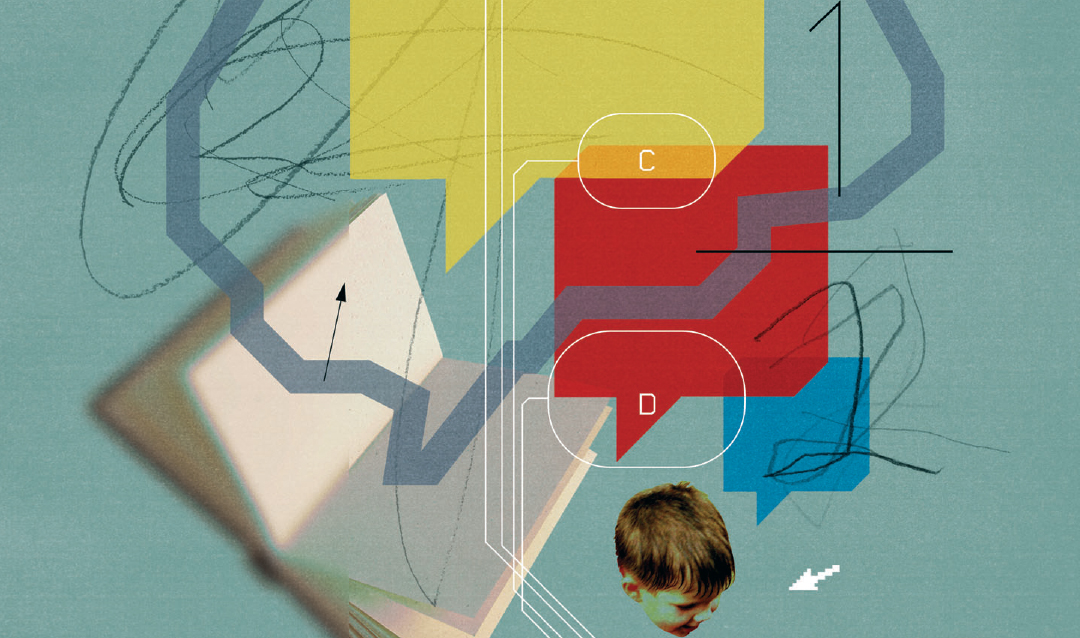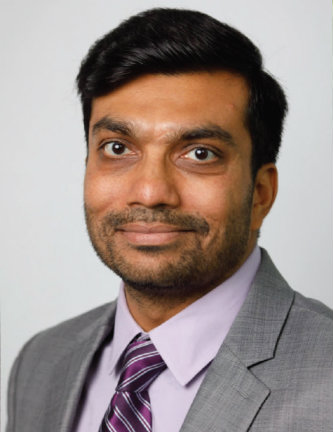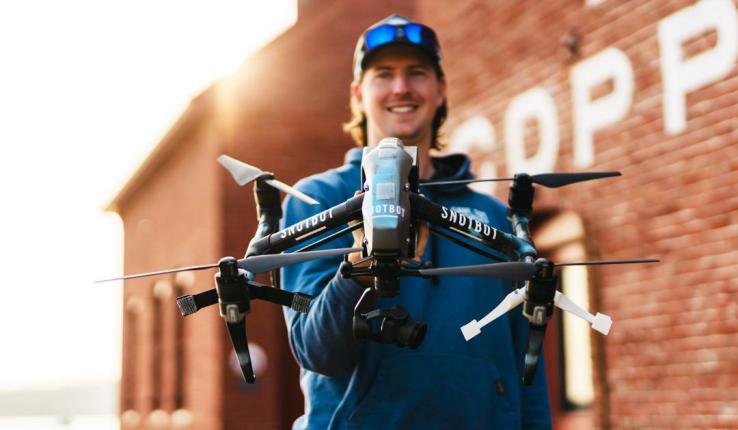Shah’s team came up with several potential small-scale packaging ideas to help those customers, but the team realized that those ideas wouldn’t work in a company with plants that mass-produce millions of products at a time. Nevertheless, the experience was a turning point for him.
“Why people make certain choices, and the reality that leads them to make those choices, was really eye-opening for me.”
That experience, combined with the opportunity gap—which is the idea that the arbitrary circumstances into which people are born, such as their race, ethnicity and ZIP code, determine their opportunities in life—led Shah to focus Svadhi on higher education. He credits Lehigh’s 1-MBA program and his experience with the Baker Institute’s EUREKA! competition with helping him hone his entrepreneurial vision.
Shah’s mentors, including Lehigh’s 1-MBA program director Kevin Ezzell and Ben Franklin Technology Partners’ Wayne Barz, challenged Shah to narrow his focus to something more manageable by getting to the core of his idea.
“I took the first six months really looking at areas where the opportunity gap exists,” Shah says, “and I started realizing that the opportunity gap was not in the employment space but in the education space. Many women, people of color and low-income individuals are really turned off by a process that is tilted toward the traditional majority.”
Shah believes that if the conversation can be changed from whether a person is rich or poor, a minority or one of the majorities, to talking about how they act and behave, then the opportunity gap can be bridged. That’s why Shah is marketing the assessment tool first to graduate schools—where he found that noncognitive skills are equally as important as academic skills—before marketing it on the undergraduate level.
“I want to be able to have people who haven’t had an opportunity, who haven’t had perfect scores, and who haven’t been class valedictorian, to be able to tell the story that they have strengths and can lead a successful and happy life,” Shah says.
Illustration by Stuart Bradford






